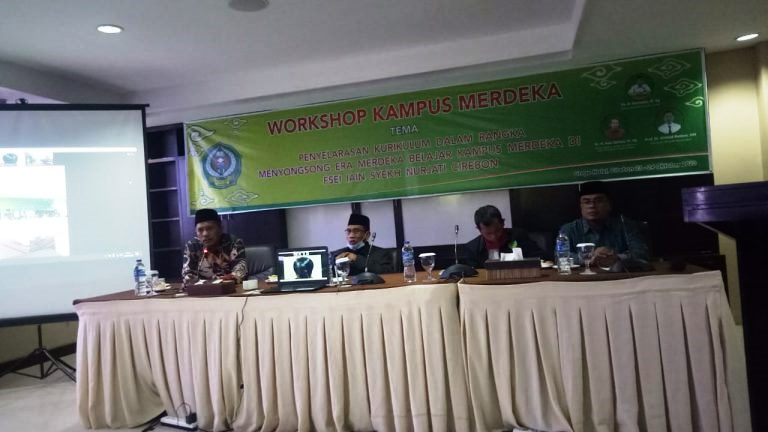Source: http://mjl.clarivate.com/


Master Journal List
Journal Lists for Searchable Databases
Web of Science Core Collection
Arts & Humanities Citation Index
Science Citation Index Expanded
Social Sciences Citation Index
Emerging Sources Citation IndexSubject Indexes on the Web of Science platform
Biological Abstracts
BIOSIS PREVIEWS
Biological Abstracts/RRM
Zoological RecordCurrent Contents Connect
Current Contents / Agriculture, Biology & Environmental Sciences
Current Contents / Arts & Humanities
Current Contents / Clinical Medicine
Current Contents / Engineering, Computing & Technology
Current Contents / Life Sciences
Current Contents / Physical, Chemical & Earth Sciences
Current Contents / Social & Behavioral Sciences
Current Contents Collections / Business Collection
Current Contents Collections / Electronics & Telecommunications CollectionOther Collections
Science Citation Index
The Science Citation Index (SCI) is a highly selective subset of journals found in the Science Citation Index Expanded. Journals in SCI are typically the most consistently high impact titles in many scientific disciplines.Chemical Information Products
Source Publication Documents
Refer to the Journal Submission Process if you wish to submit a print or electronic journal for evaluation.Our Journal Selection Processdescribes the selection process used.


